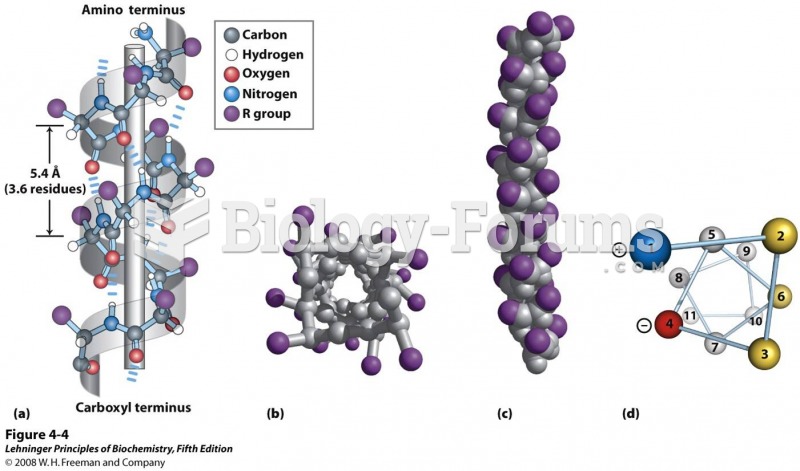|
|
|
The National Institutes of Health have supported research into acupuncture. This has shown that acupuncture significantly reduced pain associated with osteoarthritis of the knee, when used as a complement to conventional therapies.
Persons who overdose with cardiac glycosides have a better chance of overall survival if they can survive the first 24 hours after the overdose.
Colchicine is a highly poisonous alkaloid originally extracted from a type of saffron plant that is used mainly to treat gout.
There are approximately 3 million unintended pregnancies in the United States each year.
It is important to read food labels and choose foods with low cholesterol and saturated trans fat. You should limit saturated fat to no higher than 6% of daily calories.
 Primatologist Volker Sommer and his colleagues showed that langur infanticide had adaptive value and
Primatologist Volker Sommer and his colleagues showed that langur infanticide had adaptive value and
 Evolutionary ecologists live and do research in contemporary cultures that maintain all or some aspe
Evolutionary ecologists live and do research in contemporary cultures that maintain all or some aspe





